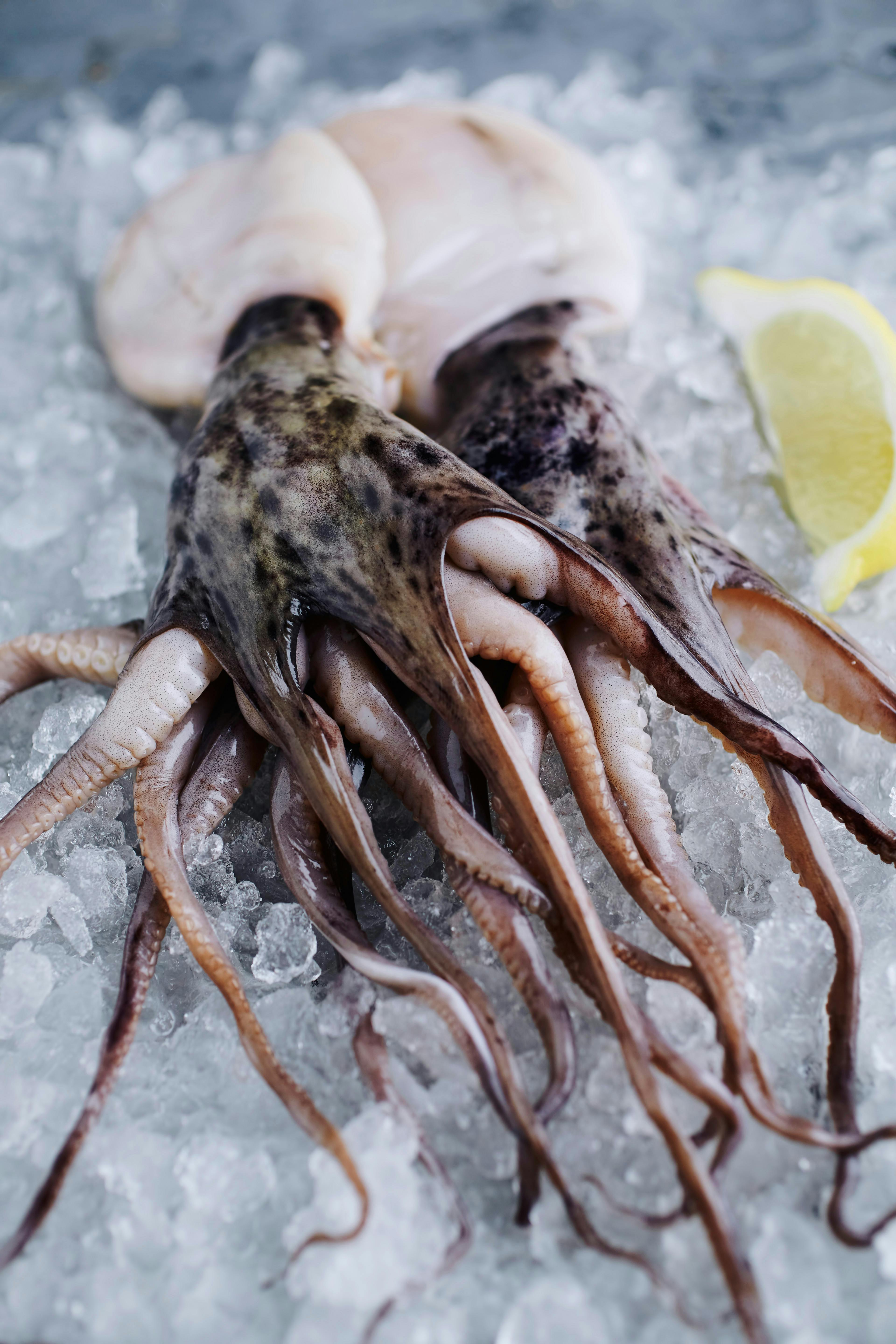Apply Now
Understanding Cholesterol Levels on the Carnivore Diet
The carnivore diet, a meat-based dietary plan, has gained popularity for its emphasis on animal products while eliminating carbohydrates entirely. As more people consider this diet, the relationship between cholesterol levels and health has come under scrutiny. Cholesterol management is fundamental for cardiovascular health, but the impact of a carnivore lifestyle on blood lipid profiles remains a hot topic in nutrition science. This article will explore effective ways to manage cholesterol levels while adhering to a meat-centered dietary plan, discuss the benefits of the carnivore diet, and dispel common myths surrounding dietary cholesterol.
Cholesterol is crucial for various bodily functions, including cell membrane structure and hormone production. It exists in two predominant forms: Low-Density Lipoprotein (LDL) and High-Density Lipoprotein (HDL). While LDL is often branded as "bad" cholesterol, leading to heart disease concerns, HDL is deemed "good" as it transports cholesterol back to the liver for removal. Therefore, understanding these components is essential for optimizing heart health and metabolic health in those following a carnivore meal plan.
In this guide, we’ll delve deeper into managing cholesterol effectively, emphasizing the importance of nutrient density in a carnivore meal prep, the role of healthy fats, and the critical nature of personalized nutrition. Ultimately, our goal is to support individuals in making informed food choices that align with their health objectives.
Effective Strategies for Cholesterol Management on a Carnivore Diet
With the unique macronutrient composition of the carnivore diet, effective cholesterol management requires strategic dietary choices. As you embrace a meat-based diet, it’s paramount to ensure that cholesterol numbers remain in a healthy range, allowing you to reap the benefits without adverse effects.
Prioritize Healthy Fats for Optimal Blood Lipid Levels
In the realm of cholesterol management, the type of fats consumed plays a crucial role in influencing blood lipid profiles. Healthy fats, such as monounsaturated and certain saturated fats found in animal products, can positively affect HDL levels. Incorporating sources like fatty fish, avocados, and grass-fed options can enhance nutrient absorption while maintaining a favorable cholesterol balance.
Conversely, it's crucial to limit processed meats high in unhealthy trans fats, which negatively impact both LDL and HDL levels. Maintaining this balance is essential for mitigating heart disease risk. Research indicates that choosing high-quality animal protein sources can provide essential fatty acids and micronutrients that support cardiovascular health.
Monitoring and Testing Cholesterol Markers
Regular cholesterol testing is a vital component of effective management on a carnivore diet. Understanding your cholesterol numbers allows for proactive dietary adjustments and tracking health metrics over time. Engage with your healthcare provider to identify the best testing schedule suited to your lifestyle.
Additionally, self-assessing dietary compositions—evaluating protein intake, fat intake, and the omnipresent cholesterol debate—can facilitate informed food choices. Beyond LDL and HDL readings, pay attention to triglyceride levels, which mark cardiovascular health trends. Creating a personalized chart or journal to log these results promotes accountability and reinforces healthy eating habits.
The Unique Health Impact of the Carnivore Diet
Many individuals experience notable transitions in their health upon adopting a carnivore lifestyle. While the potential for weight loss and muscle gain exists, understanding the broader health implications—particularly regarding cholesterol management—is essential.
Connections Between the Carnivore Diet and Inflammation
One of the critical factors to consider is the carnivore diet's effect on inflammation. Increased saturated fat intake has led some to question its impact on overall health. However, emerging studies suggest that a meat-based diet can reduce markers of inflammation in certain populations, potentially lowering the risk associated with metabolic syndrome.
Moreover, the nutrient density of animal proteins and their amino acids can aid muscle recovery and support overall fitness. For individuals balancing fitness with cholesterol management, monitoring inflammation levels becomes indispensable in evaluating dietary success.
Assessing Nutrient Density and Micronutrient Intake
A meat-centric meal plan is not merely about protein ratios; it is also about ensuring nutrition isn't compromised. The consumption of vitamin-rich meats, like organ meats and lean steaks, offers a plethora of vitamins and minerals critical for optimal wellbeing.
Consider supplementing with omega-3 fatty acids, frequently lacking in conventional animal sources. Including options such as fish oil can enhance cardiovascular health, improving HDL cholesterol while reducing inflammation risks.
Exploring the Relationship Between Saturated Fats and Heart Health
The role of saturated fats in relation to heart health is frequently debated. On a carnivore diet, understanding the nuances of saturated versus unsaturated fats is critical for effectively managing cholesterol.
Debunking Common Cholesterol Myths
Many myths surrounding dietary cholesterol persist, often leading to unfounded fears. Research shows that for most individuals, saturated fats do not correlate with increased heart disease risk and that dietary cholesterol’s impact might be less severe than previously thought.
Understanding the cholesterol relationship to diet, especially in the context of high protein diets like the carnivore diet, empowers individuals to make the best food choices without the fear of inadvertently harming their heart health. Engaging in open conversations with healthcare practitioners can further clarify these misconceptions.
Balancing Dietary Patterns for Sustainable Health
Creating a sustainable diet plan involves periodic evaluations of one’s dietary choices and their direct impact on cholesterol. Emphasizing a balance of protein-rich foods, healthy fats, and vital nutrients promotes long-term compliance and optimizes metabolic health.
Connecting with a community of carnivore practitioners can provide vital insights and support when navigating dietary changes. Share tips and meal ideas, reinforce healthy habits, and explore new ways to enhance your dietary journey while ensuring cardiovascular wellness.
Q&A: Common Questions About Cholesterol and the Carnivore Diet
How often should I test my cholesterol levels on a carnivore diet?
Engaging with your healthcare provider to determine a suitable testing frequency is vital. Generally, semi-annual testing can help track long-term trends in cholesterol numbers.
What should I focus on in my meal plan for heart health?
Prioritize nutrient-dense foods high in healthy fats and consider integrating omega-3 fatty acids while restricting processed meats. This focus aids in cholesterol management and overall well-being.
Are there alternatives to red meat that maintain nutrient density?
Yes, consider incorporating fatty fish, eggs, and organ meats into your meal prep. These options offer comparable nutrient density while providing various essential vitamins.
The Benefits of Following a Carnivore Diet for Cholesterol Management
In conclusion, the carnivore diet offers a unique positioning for individuals pursuing effective cholesterol management. Key elements include embracing healthy fats, tracking cholesterol indicators, and understanding the relationship between diet and heart health. Prioritizing nutrient density, managing inflammation, and debunking common dietary myths will foster not only cholesterol management but overall health improvement.
Taking a personalized nutrition approach ensures dietary adherence while optimizing health metrics, empowering individuals to thrive on their carnivorous journey. For those looking to explore the benefits of the carnivore diet further, consider seeking out community resources, meal plans, and recipes to aid your success on this journey.




